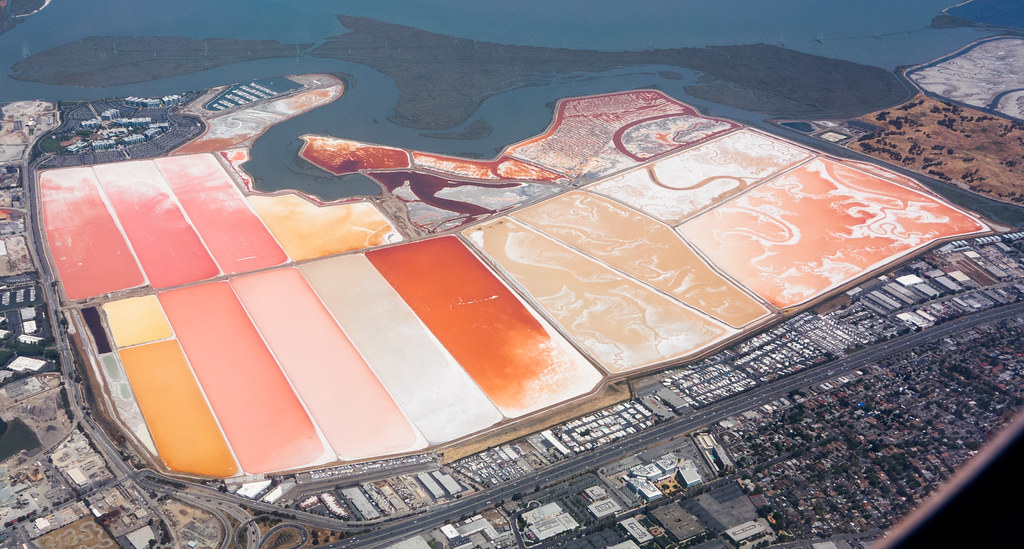EPA halts Cargill salt plant, prevents Redwood City facility expansion, EPA withdraws appeal from past administration.

Pamela Cruz. Pen sula 360 Press [P360P].
After a nearly 12-year battle where the Cargill Salt Company sought to develop and expand its property in the San Francisco Bay, near the port of Redwood City, the U.S. Environmental Protection Agency on Friday withdrew an appeal made during the previous federal administration, concluding that the EA is subject to the federal Clean Water Act.
The potential expansion meant a multi-billion dollar deal for Cargill, a private company based in Minnesota that evaporates water on the 1,365-acre property in
